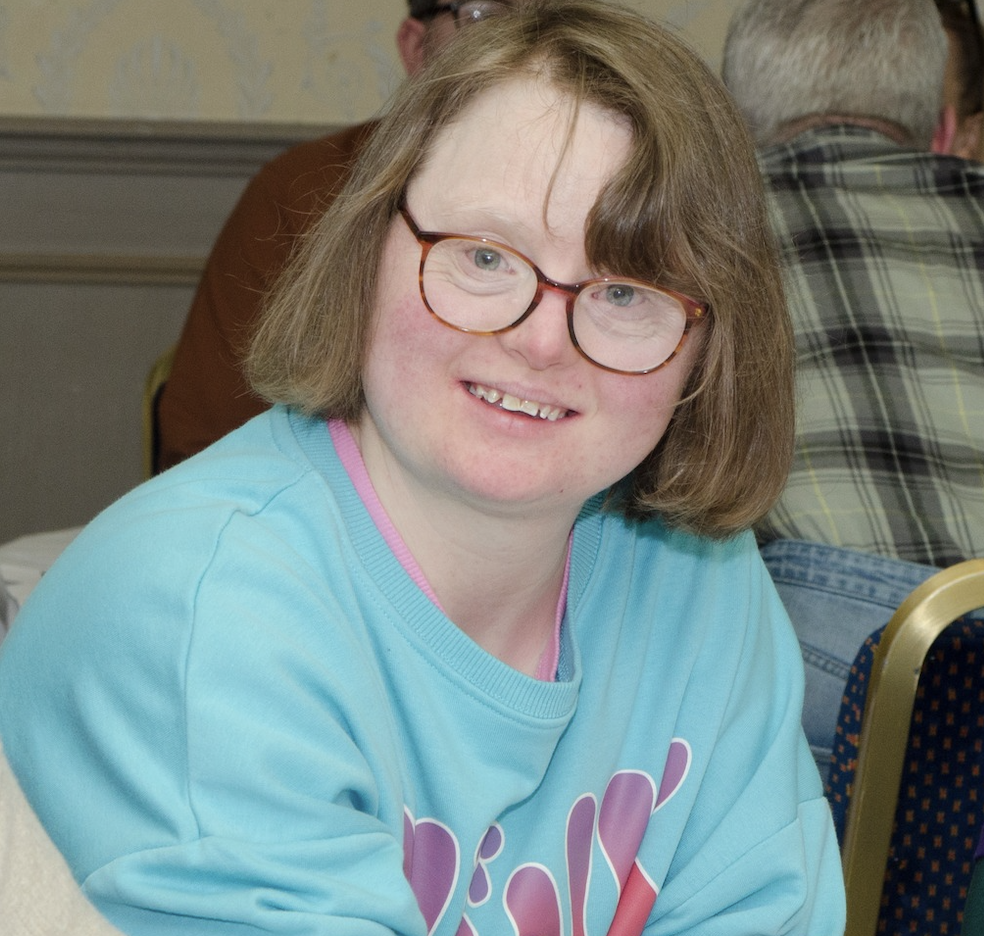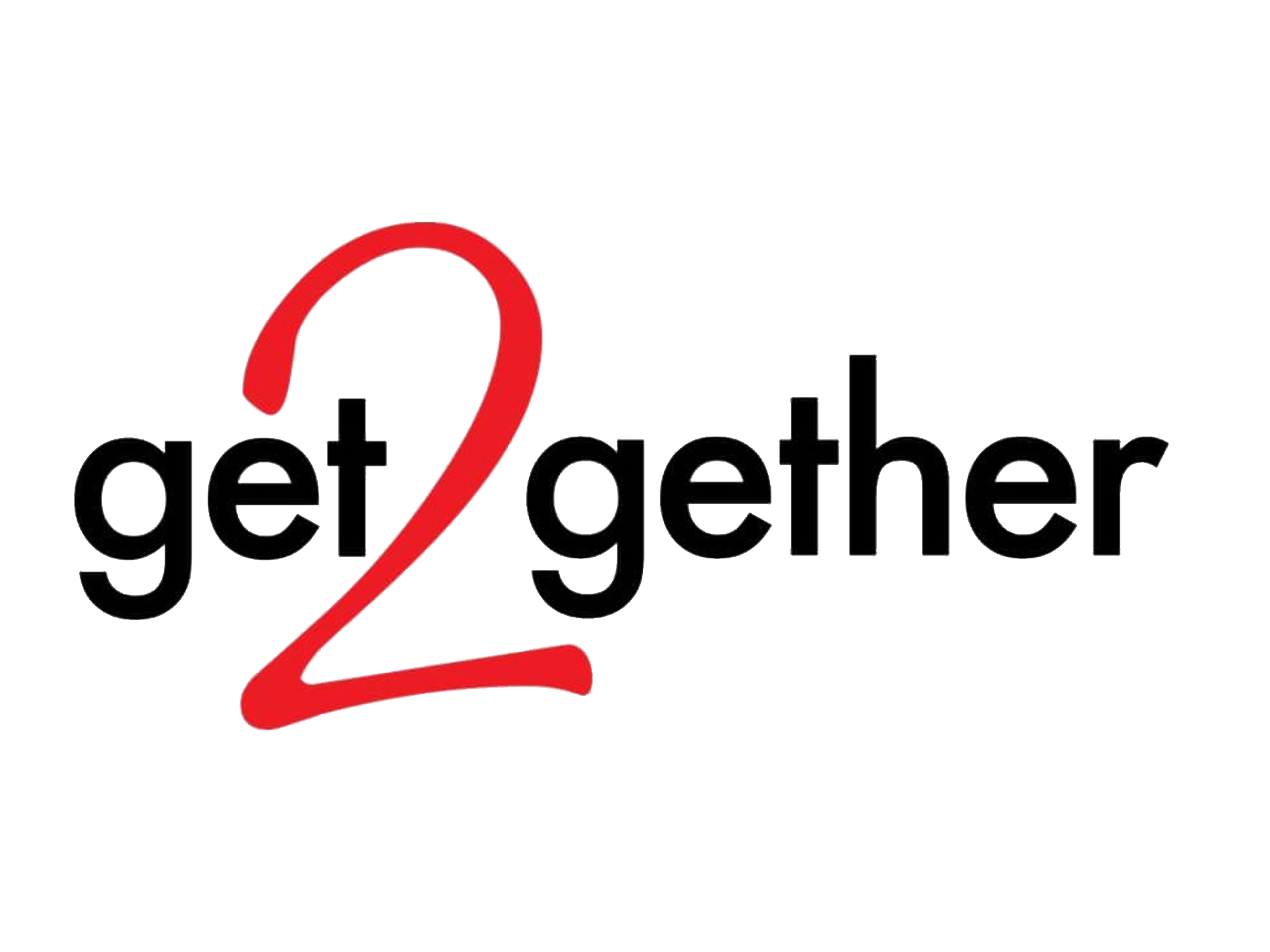Why being together in person is so important in our lives

At get2gether we are providing social opportunities for our members. We see the use of online events as a vehicle where adults with disabilities can overcome social isolation, especially those who can’t attend our in-person events. Our long-term goal? Members form in-person connections and lead their own social lives.
Meet Fiona, a proud, independent member now involved with National Involvement Network, sharing her insights on the importance of face-to-face interactions in her blog below:
This blog centres around the significance of in-person interactions and access to choice. It emphasises finding a balance between online and in-person events. Being out and about contributes positively to our mental and physical health, but challenges are inevitable. For us, freedom holds paramount importance. While online activities may seem easier, it’s important to be mindful of our limits and not get absorbed in constant online engagement.
Despite the ongoing fear of going out post-COVID, addressing this apprehension is necessary. While I used to be a Rapporteur, I’ve chosen to move forward, remaining dedicated to advocating for change. My commitment to working and assisting people with disabilities, both in learning and physical aspects, continues. I remain actively involved with SCLD.
My goal is to break down barriers, ensuring the fulfilment of our human rights. I stand as an advocate for all disabilities. If you’re not part of the National Involvement Network, consider joining. Sign up for the Charter of Involvement, where I serve as one of the NIN Co-Chairs. It’s a life-changing experience with a free membership scheme.
While online platforms like Zoom offer practical connections, being mindful of how excessive online engagement can impact our health is crucial. Opinions on platforms like Zoom may differ, but evaluating their contribution to happiness and well-being is essential. Caution against over-reliance on online interactions is necessary.
Reclaiming our freedom and getting back out there isn’t easy, especially with challenges in public transport and accessibility for people with disabilities in Scotland. This is why I advocate for change. Human rights for people with disabilities often go unmet; hence, prioritising accessibility, choice, and having a voice is crucial.
Opportunities for people with disabilities are limited, making it challenging for organisations to provide employment, groups, and activities. While efforts exist, they are not widespread. The shift to online formats, particularly on Zoom, raises questions about fairness for individuals, parents, and caregivers. Opportunities are vital for well-being, providing a sense of purpose and fulfilment.
Employment should be accessible, with information presented in easy-to-understand formats. Local communities and health and social care partnerships play a crucial role in providing support for people with disabilities. However, many face challenges due to a lack of choice, flexibility, and control in their everyday lives.
We need changes now to address the barriers people with disabilities face daily. Access to opportunities, groups, activities, and services is essential for our community’s growth. The cost of living is a significant challenge for people with disabilities, impacting their independence. Human rights for people with disabilities must be a priority.
Many face difficulties in asking for help, emphasising the need for a strong support network from an early age. Choice, balance, and a balanced life are essential. In-person interactions are valuable, but barriers to going out and about must be addressed. Change is necessary, and organisations, local authorities, and the Scottish Government must engage directly with people with disabilities.
Discrimination against people with disabilities persists, affecting their confidence, communication, and ability to have a voice. The lack of support and involvement in decision-making processes is disheartening. It’s time to challenge stereotypes, treat people with disabilities fairly, and build a society where everyone’s strengths are recognised.
As an advocate, I stand up for the freedom of people with disabilities. It’s crucial for more individuals to get involved, show leadership, and recognise their potential. Discrimination against people with disabilities is unacceptable, and we must keep pushing for change. Our lives matter, and we deserve better social care.
I recently secured a position as a Researcher Assistant at Strathclyde University in Glasgow. I’ll be exploring the positive and negative aspects of digital experiences for people with disabilities. This is a one-day-a-week role which I will be working on for six months.
SCLD, along with partner organisations, has launched a powerful video addressing the experiences of people with learning disabilities facing hate crimes in Scotland. The call to action is to create a safer environment for people with learning disabilities. You can watch the video at https://vimeo.com/scldnews/wearemore?share=copy or visit the SCLD website www.scld.org.uk.
Please note that the subject of this film is sensitive and may be upsetting or triggering for some people.
Thank you,
Fiona
